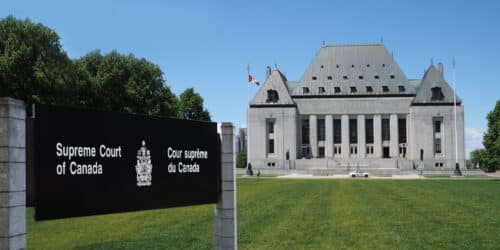In this day and age, social media is at the forefront of everything – it’s where people obtain news, it’s where people spend numerous hours of their day unwinding, catching up with old friends, and getting updates on life events. When someone passes away, however, not many people know what happens, or can happen with the online presence of the deceased.
An important part of estate planning involves considering all aspects of your Estate, and that includes your online presence. One of the big issues Canadians are facing is our Canadian laws coming up against American corporations, and how they govern their after-death policies. For example, a CBC article in 2020 regarding the death of a Canadian, highlighted the troubles their spouse, and Estate Trustee, had to go through to gain access to the deceased’s Apple account. Eventually, it was settled, but it took four years of back and forth, and an article published by CBC, not to mention the money spent on the ordeal, to get anything done.
Thankfully, these corporations are making changes to their policies that are trending in the right direction. For example, Facebook, Google, Twitter, and now Apple, allow you to designate a person (or persons) who are able to access your account after passing to either memorialize them, or to close the account all together. LinkedIn allows the person who is designated to care for the deceased’s Estate (the Estate Trustee) to close or memorialize the account. Instagram allows immediate family to access the deceased’s accounts and take the same actions. You can see that many of these corporations are moving, or already have moved, in the right direction.
With that said, there are plenty of other accounts you may not realize that your Estate Trustee, or family, will need to access, and that may or may not have these policies in place – such as your email accounts.
Creating a list of passwords and storing it in a safe place, most commonly with your copy of your Will, is a good place to start, and will ensure that your Estate Trustee may not have to jump through hoops and loops to gain access and shut down accounts you may not want open after passing. An Estate lawyer will be able to discuss these actions, as well as other characteristics of this newly chartered aspect of Estate law.
This blog post was written by Ariel Fried, a member of the Wills and Estates team. He can be reached at 613-566-2067 or at ariel.fried@mannlawyers.com.








